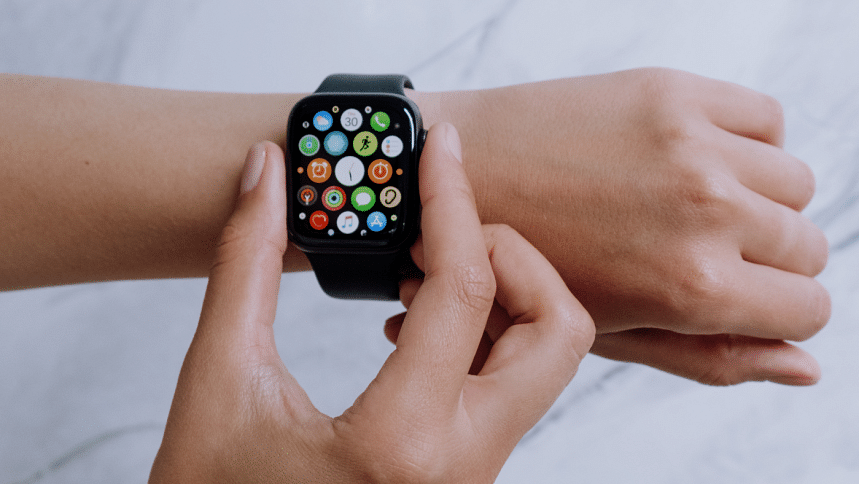Apple Watch alerts save New Zealand woman from rare cancer

Amanda Faulkner, a New Zealand psychiatrist, credits her Apple Watch for saving her life after its heart rate alerts revealed rare blood cancer. The persistent warnings from her Series 10 model caught what she had dismissed as fatigue, leading to an emergency leukemia diagnosis.
An unexpected hero
As reported by The New Zealand Herald, Faulkner—a busy consultant psychiatrist with over 60 patients—nearly dismissed early signs of illness last January. Battling fatigue and irregular periods, she initially chalked it up to summer heat or perimenopause.
"I thought I was just anaemic," she recalled in her interview with The NZ Herald. But her Apple Watch Series 10, upgraded months earlier, had other ideas.
The device's Vitals app—which tracks overnight metrics like heart rate, respiratory rate, and blood oxygen—flagged a worrying trend: her resting heart rate had spiked from a steady 55 beats per minute to the 90s.
"I thought the Watch was broken," admitted Faulkner, an avid hiker who prided herself on fitness. But persistent alerts pushed her to visit her general practitioner (GP), armed with graphs from her Watch.
What followed was a whirlwind. Within hours, tests at Hawke's Bay Hospital revealed she had Acute Myeloid Leukaemia (AML), a rare and aggressive blood cancer. Doctors warned that waiting just 48 hours longer could have been fatal.
A race against time
Now facing a stem cell transplant in July—a procedure with a 20% mortality risk—Faulkner remains pragmatic.
"It's confronting," she said in the interview, but she's determined to return to her trauma-focused practice and waiting patients. Her husband, Mike, credits the Watch for buying critical time: "That data gave us a head start."

Apple positions its health features as screening tools, not diagnostics. Yet Faulkner's story underscores their potential.
According to The NZ Herald, Dr Sumbul Desai, Apple's health VP, notes elevated heart rates can signal conditions from infections to allergies. Meanwhile, University of Auckland researchers are exploring how wearables could predict asthma attacks or streamline clinical care.
The bigger picture
Faulkner's case isn't just personal—it's a glimpse into healthcare's future. "Wearables could shift medicine from reactive to proactive," says health informatics expert Dr Ruhi Bajaj, as per the report.
For Faulkner, that shift was lifesaving. As she prepares for transplant, her Watch sits charged and ready, a quiet sentinel against the unseen.
"I've got living to do," she said to The NZ Herald. Thanks to a wristbound guardian, she just might!

 For all latest news, follow The Daily Star's Google News channel.
For all latest news, follow The Daily Star's Google News channel. 








Comments